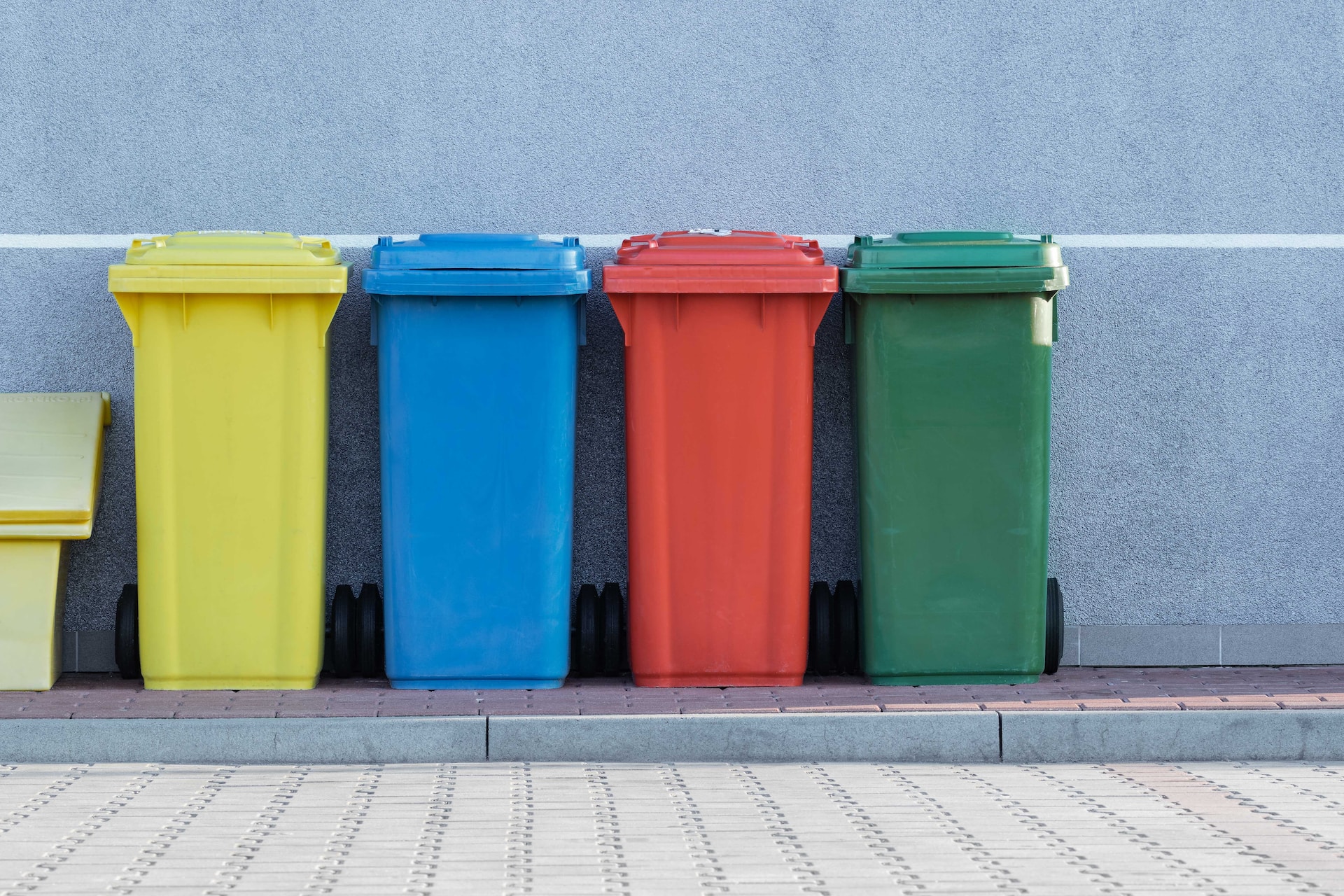Amidst the sweeping landscapes and rich cultural heritage of Europe lies a modern challenge: waste management. With the European Union (EU) making strides towards a circular economy, the performance of individual nations in the waste management arena has never been more critical. But how are countries measuring up?
A Panoramic View of Europe’s Waste
In 2020, the EU found itself waist-deep in waste, producing a staggering 2,154 million metric tonnes. To put it into perspective, every citizen was responsible for generating 4.8 tonnes. But households were not the chief culprits, contributing only 9.4 per cent to the total. Instead, construction and mining industries shouldered the bulk, responsible for 61 per cent of waste.
Germany and France were the leading contributors, producing one-third of the EU’s waste. The UK, though no longer an EU member, still ranked third, followed by Italy and Poland.
The Recycling Report Card
The heart of the matter is not just waste generation but waste treatment. With 1,971 million tonnes of waste treated in 2020, the EU achieved a recycling rate of around 40 per cent. However, individual performances varied widely. Italy emerged as the recycling champion with a rate of 83.2 per cent, while Romania lagged behind with a mere 5.2 per cent.
Interestingly, Finland, which produced the highest waste per capita in the EU, had a considerably low recycling rate at 9.5 per cent. Neighbouring Sweden didn’t fare much better, with only 11.9 per cent.
Municipal waste tells another story. While households generated just a fraction of total waste, their recycling efforts are worth noting. Germany led the race in 2021, recycling 71.1 per cent of municipal waste. Six other EU countries, including Austria, Slovenia, the Netherlands, Luxembourg, Belgium, and Italy, surpassed the EU average.
On the flip side, the Scandinavian region, often lauded for its environmental efforts, presented a surprise. All four countries – Sweden, Norway, Finland, and Denmark – fell below the EU average in municipal waste recycling.
Delving Deeper: The Whys of Recycling Rates
Why such discrepancies in recycling efforts? The answer lies partly in the type of waste generated. Countries like Finland and Sweden, with significant mining activities, naturally produce a larger share of mining waste, which is harder to recycle.
Economic activities aside, national policies play a pivotal role. According to the European Environment Agency (EEA), countries with higher recycling rates usually have stringent measures in place. These might include landfill bans, mandatory separate collection of municipal waste, and economic incentives promoting recycling.
Moreover, the public’s environmental consciousness and the effective implementation of waste management legislation can significantly boost a nation’s recycling prowess.
The Global Footprint of EU Waste
Europe’s waste story doesn’t end at its borders. The EU, in 2021, exported 33 million tonnes of waste to non-EU countries, marking a 77 per cent increase since 2004. Turkey was the leading recipient, taking in nearly half of these exports.
The Netherlands, with its expansive transit port, became the hub for plastic waste, exporting significant amounts to Latin America, Asia, and Africa. Such international exchanges have raised concerns among environmentalists, pointing towards a more complex global waste management challenge.
In Conclusion
Europe, with its varied landscape of recycling performances, showcases the multifaceted nature of waste management. As the continent marches towards a circular economy, understanding these nuances becomes essential. Each country offers lessons – be it the commendable recycling rates of Italy and Germany or the challenges faced by Romania and Finland.
It’s evident that for a cleaner, sustainable future, a collaborative, informed, and proactive approach to waste management is the need of the hour. Europe’s journey in this realm is worth watching, as it has the potential to shape global waste management strategies for the years to come.
©globalgreenhouse.eu

